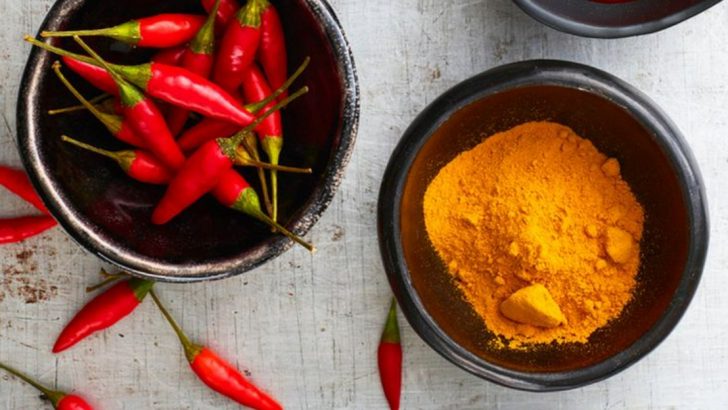A calm stomach makes all the difference when you’re trying to feel your best. Some foods, even the ones you love, can throw your digestion out of balance—leaving you bloated, crampy, or just plain uncomfortable.
Knowing what to skip (or at least go easy on) helps keep things running smoothly. If your gut’s been grumbling, this list is worth a look.
1. Spicy Foods
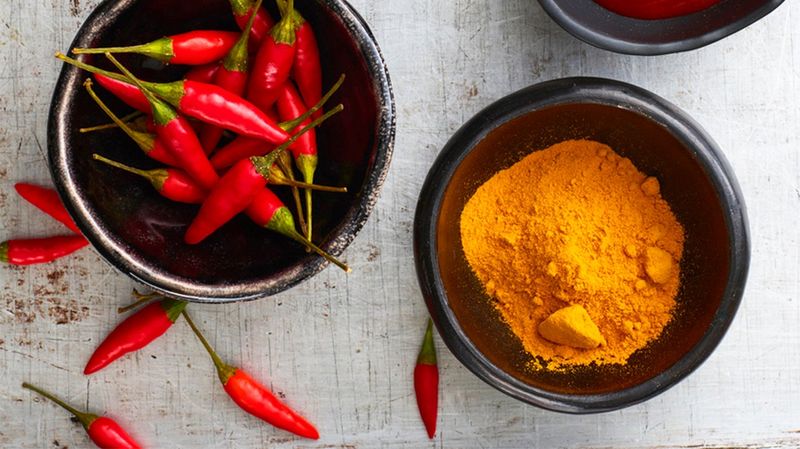
Chili peppers, hot sauce, and fiery seasonings can irritate your stomach lining and trigger acid reflux. They often make things worse if you’re already sensitive or prone to indigestion.
Try milder herbs like basil, thyme, or ginger to add flavor without the burn. Your belly will thank you for the break.
2. Fried Foods

Heavy, greasy meals made with deep-fried ingredients are tough to digest and often linger in your gut. They can lead to gas, bloating, or even stomach cramps soon after eating.
Opt for baked or air-fried versions if you’re craving crunch. Light oils and lean proteins keep things easier on your system.
3. Dairy Products
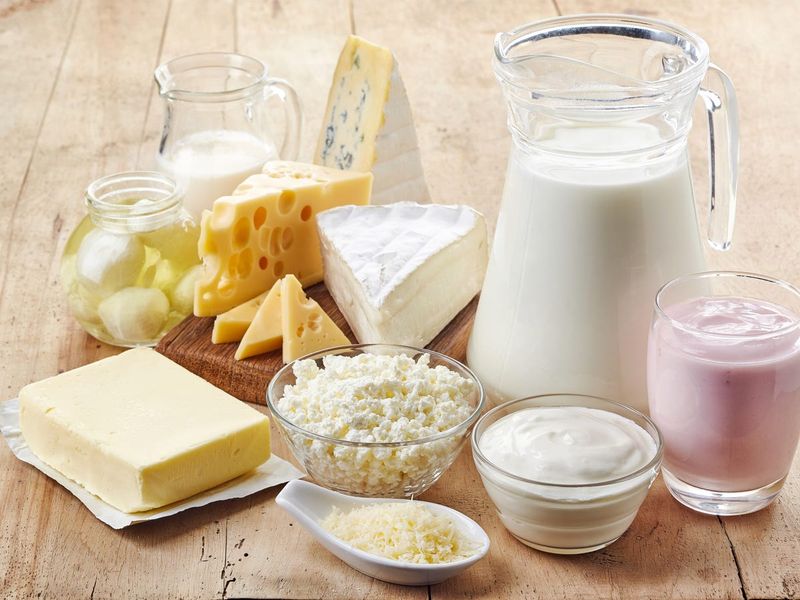
Milk, cheese, and cream-based dishes can be rough if your body doesn’t handle lactose well. Symptoms like gas, bloating, and cramping are common signs something’s off.
Lactose-free dairy or plant-based alternatives like oat milk or coconut yogurt can offer relief without sacrificing taste or texture.
4. Citrus Fruits
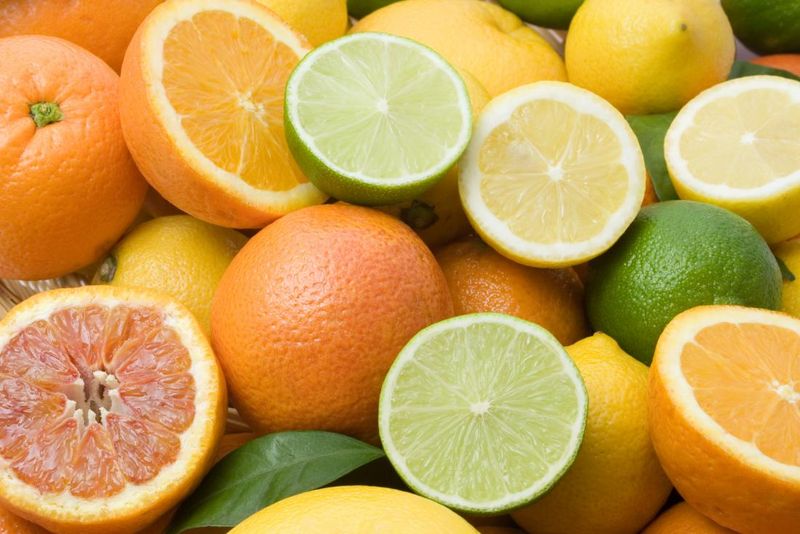
Oranges, lemons, and grapefruits are packed with vitamin C but also high in acid. That can stir up heartburn and irritation, especially on an empty stomach.
If you’re craving something fresh, reach for bananas or melons. They’re gentler on your gut and still feel refreshing.
5. Cruciferous Vegetables
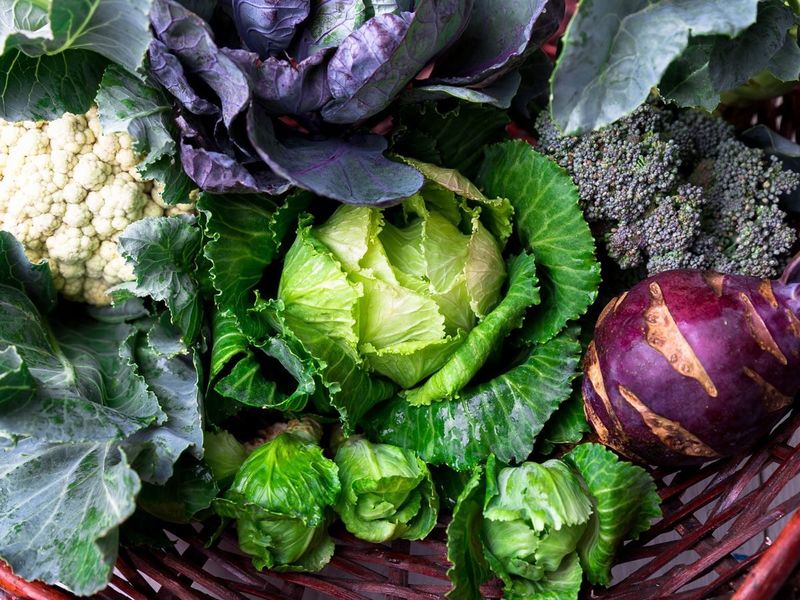
Broccoli, cauliflower, cabbage, and Brussels sprouts are healthy but known for causing gas. Their fiber and sulfur content ferment in your gut, creating bloating for some people.
Cooking them until soft helps reduce the strain. You still get the benefits, just with fewer side effects.
6. Artificial Sweeteners
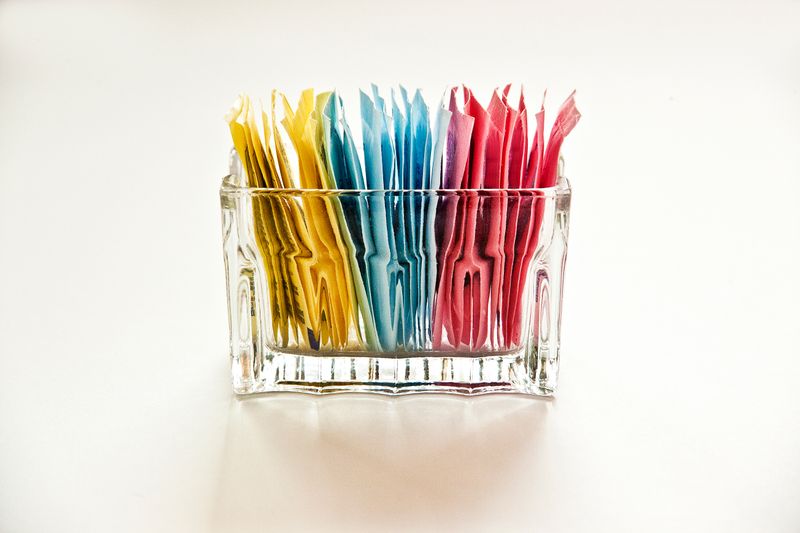
Sugar substitutes like sorbitol and aspartame may seem stomach-safe, but they often cause gas or diarrhea. These sweeteners don’t break down easily and can disrupt your gut balance.
Stick to small amounts of natural sugars like honey or maple syrup if you’re looking for something gentler.
7. Carbonated Beverages

Sodas, sparkling water, and fizzy drinks add gas to your stomach with every sip. That trapped air can lead to bloating or painful pressure.
Plain water with cucumber or mint offers a refreshing, soothing option. It hydrates without making you feel puffed up.
8. Caffeinated Drinks

Coffee, energy drinks, and strong tea can speed up your digestive system too much. They often increase acid and lead to jitters, cramps, or urgent trips to the bathroom.
Switching to herbal tea or decaf can still give you warmth and comfort—minus the chaos.
9. Processed Meats

Cold cuts, sausages, and deli meats often contain high fat, sodium, and preservatives. They can be hard to digest and may upset sensitive systems.
Lean, simply cooked meats like chicken or turkey breast offer protein without the added stomach strain.
10. High-Fat Foods

Rich, creamy dishes and fatty cuts of meat tend to slow digestion and can lead to nausea or heaviness. That “food coma” feeling often starts in your gut.
Balance is key—pair smaller portions with veggies or grains to ease the load. You’ll feel satisfied, not stuffed.
11. Raw Onions And Garlic
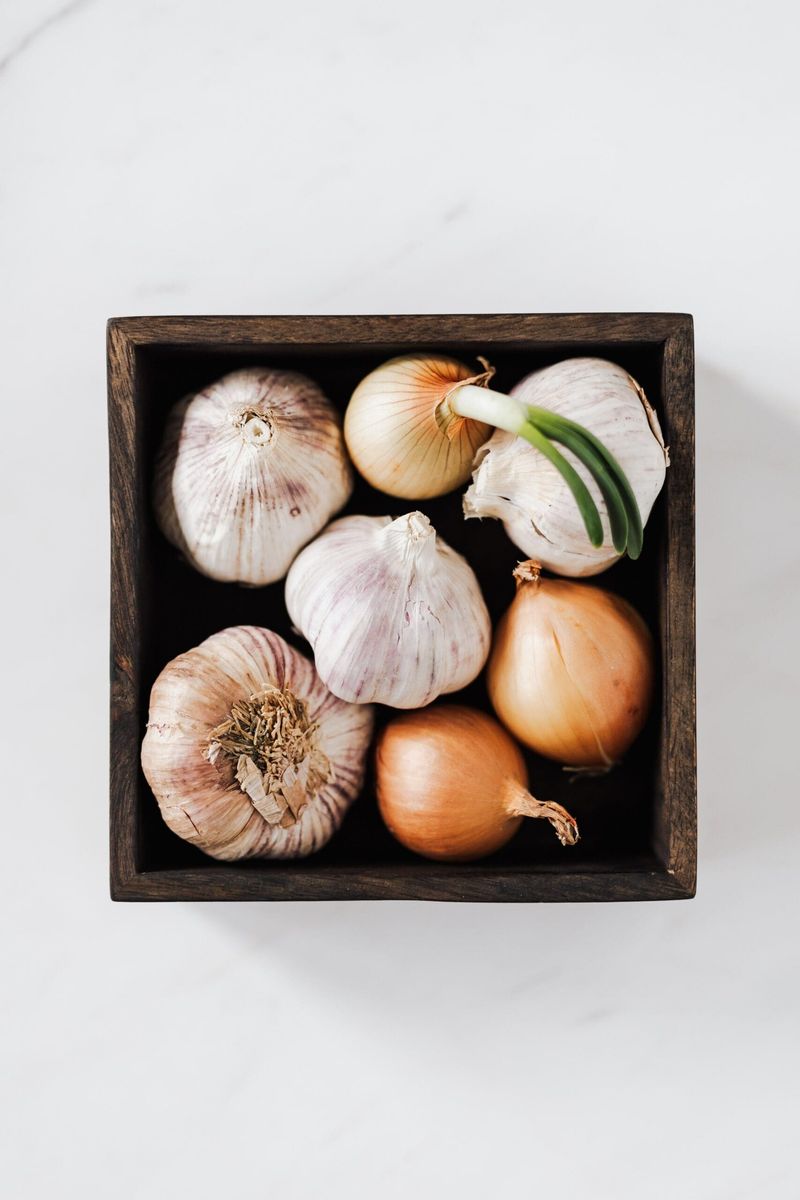
These flavor boosters are tasty but full of compounds that can ferment in your gut. They often cause bloating or gas, especially when raw.
Roasting or sautéing them can soften their impact. A little cooked flavor goes a long way without the after-effects.
12. Legumes
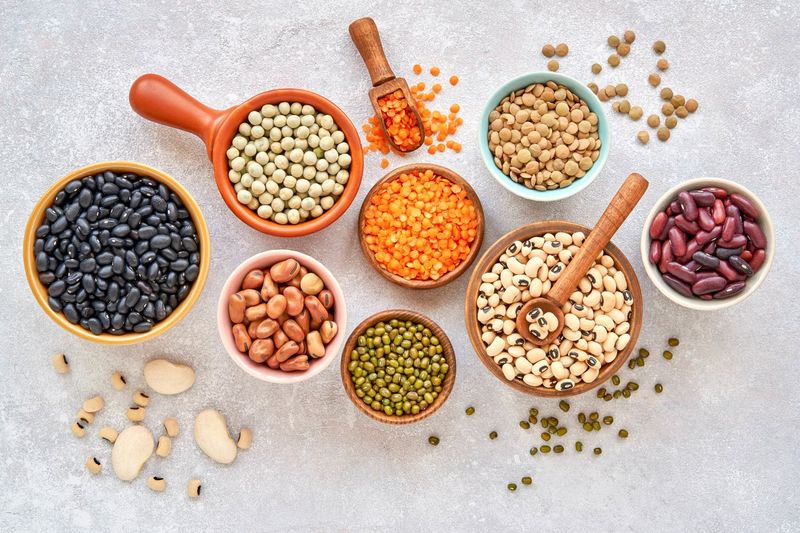
Beans, lentils, and chickpeas are full of fiber but also gas-producing sugars. For sensitive stomachs, they often lead to bloating and cramping.
Soaking and cooking them well can make a difference. Try smaller servings with spices like cumin or ginger to aid digestion.
13. Whole Grains

Brown rice, quinoa, and whole wheat may be nutritious, but their fiber load can overwhelm some systems. Too much too fast can cause bloating or discomfort.
Introduce them gradually, and drink extra water to help them pass smoothly. Your gut needs time to catch up.
14. Chocolate
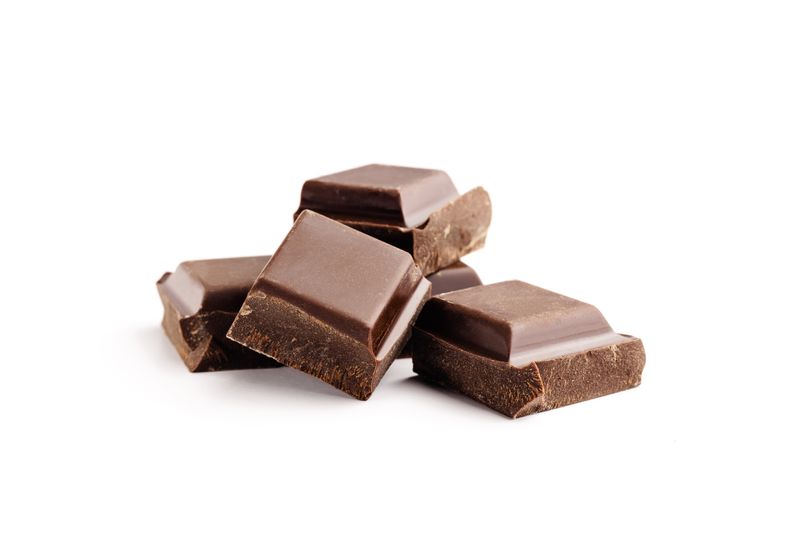
The mix of sugar, fat, and caffeine can be a triple threat for a sensitive stomach. It may trigger reflux or cramps, especially in larger amounts.
Dark chocolate in small pieces is often gentler than milk-based versions. Savor slowly to avoid overload.
15. Alcohol

Beer, wine, and cocktails can irritate the stomach lining and disrupt digestion. Alcohol also relaxes muscles that usually keep acid in check, leading to heartburn.
Try mocktails with herbs, fruit, or sparkling water if you still want something festive. They’re easier on your stomach and your sleep.
16. Sugary Desserts

Cakes, candies, and sugary drinks give a quick spike in energy but can leave your gut struggling. Excess sugar feeds harmful gut bacteria, sometimes causing gas or upset.
Fruit-based treats or naturally sweetened baked goods offer comfort with fewer digestive fireworks. Still sweet, just more gut-friendly.
17. Tomato-Based Products
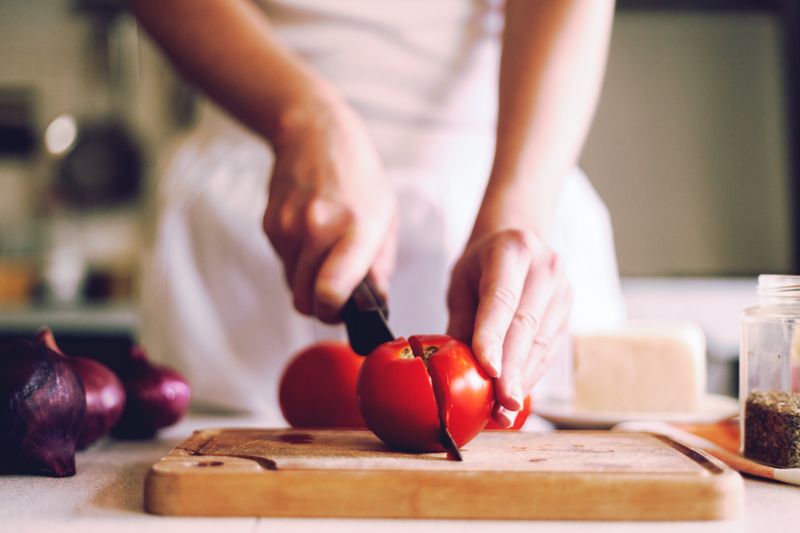
Pasta sauces, salsa, and even ketchup are packed with acidity. For sensitive stomachs, that can mean heartburn, sour stomach, or reflux.
Low-acid tomato options or cream-based sauces offer a smoother experience. Pair them with gentle carbs to stay balanced.
18. Nuts And Seeds
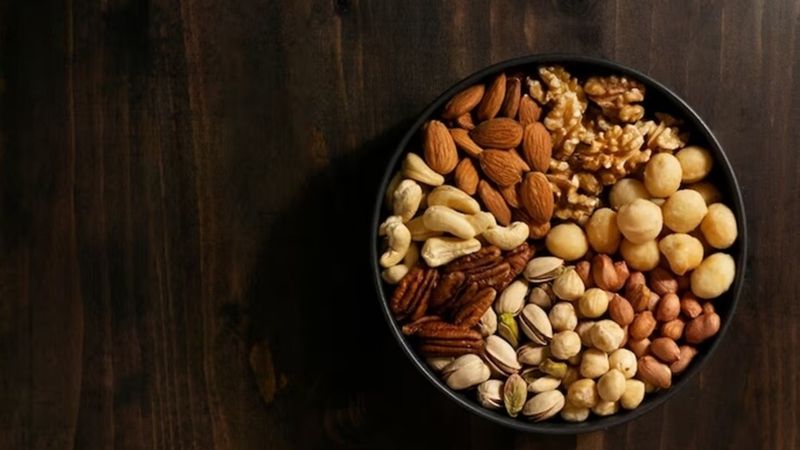
Crunchy, high-fat, and full of fiber, these can be tough to digest when eaten raw or in large amounts. They sometimes lead to bloating or pain in sensitive stomachs.
Try nut butters or roasted varieties in moderation. Texture and portion size make all the difference.
19. Pickled And Fermented Foods
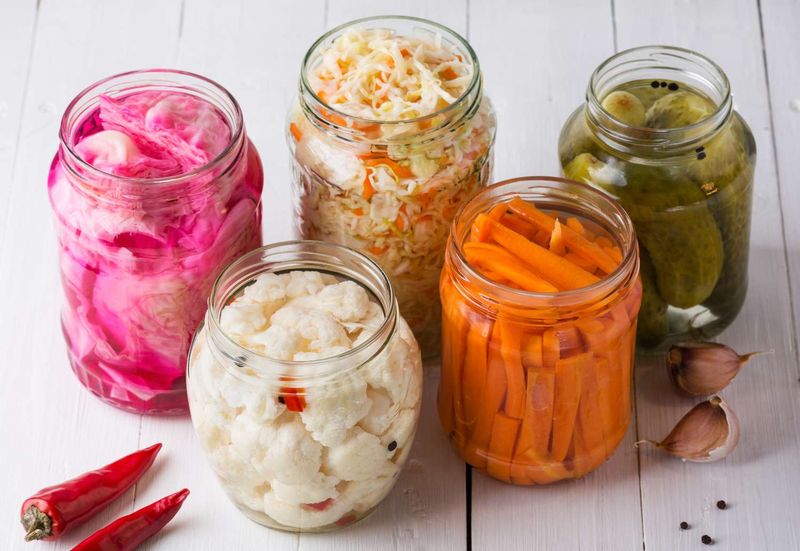
Kimchi, sauerkraut, and pickles may help gut health in small doses, but too much can cause bloating and discomfort. Their strong flavors and acid content don’t sit well with everyone.
Ease into them slowly and see how your stomach reacts. A little tang can go a long way.
20. Ice Cream

Cold, creamy, and often loaded with sugar, ice cream can trigger digestive woes—especially for the lactose-sensitive. It may cause gas, cramps, or that uneasy full feeling.
Dairy-free options or fruit-based ices offer that cool treat without the aftermath. You still get dessert, minus the regret.

